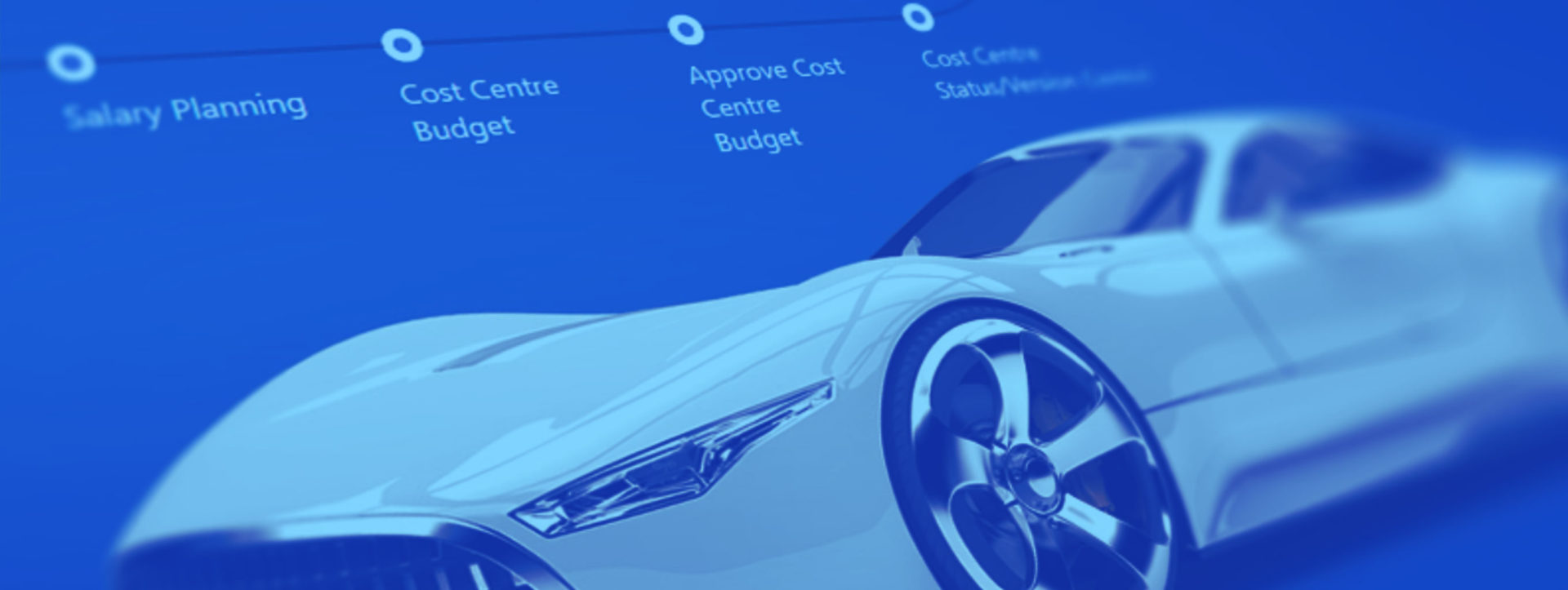
Making financial planning a crucial element of decision-making at Agder Energi
Finance teams have always played a critical part in large organizations, but now business leaders…

The complex process of taking vehicles from design concept to the forecourt is based upon a multitude of decisions. To maximize profitability, suppliers, manufacturers, and dealers must drive efficiency throughout the process, and often the insight required to do this lies hidden in data.
In a previous blog we’ve explored what Integrated Business Planning is. Read on to find out how this approach, combined with business intelligence, is being used by leading automotive players to drive digital transformation, better decision-making, and greater financial returns.
Understanding the true cost of the design, manufacturing, delivery, and aftercare of automotive components is vital for ensuring efficiency throughout the process. This is impossible to achieve without a centralized view of accurate data and transparency of the impact of operations on other areas of the business.
IBP solutions overcome these challenges and create numerous benefits for automotive suppliers:
As a unified solution for Business Intelligence and Enterprise Performance Management, Board provides the centralization needed to achieve this integrated approach. Read our ZF case study to find out how this leading automotive supplier has created a single Management Information System business-wide, used to inform strategic and operational planning activities across all divisions.
Carmakers and other vehicle manufacturers are no strangers to efficiency, with complex production lines requiring precise metrics and speedy execution. Each station, department, and division deals with masses of data and works to tight production schedules, with huge volumes of data stored in ERP software, but there is often lack of data visibility across the entire business.
The introduction of Integrated Business Planning processes:
For more insights into the benefits of IBP for automotive manufacturers, see our case study for Volkswagen Mexico, in which the Finance team have reported an increase in efficiency from 57% to 91% since standardizing activities with Board.
From the Dealership perspective, everything hinges on the ability to meet sales targets. With the possibility of many showrooms and brands within larger dealership groups, this becomes a challenging process. Sales information sits in spreadsheets and is pulled together for analysis and planning by sales managers and finance teams. Integrated Business Planning ensures the profitable operation of each garage within the group by enabling business managers to:
As consumer preferences shift and the automotive market becomes increasingly competitive, the need for greater visibility and control is ever more apparent. Whichever stage of the automotive supply chain you sit in, there is room for Integrated Business Planning to drive the digital transformation of processes, create greater visibility, and enable more effective decision-making to take place.
To find out more about how Board can support this process, request a demo today.
A comprehensive resource for organizations considering Integrated Business Planning